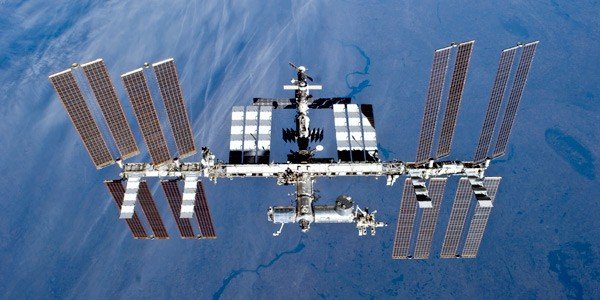A new drug that stimulates bone growth will be tested in space

Scientists from the University of California have received funding for an extraordinary experiment they proposed – they will test a preparation that accelerates the regeneration of bone tissues on board the International Space Station /ISS/.
The funding for this experiment was allocated from the funds of the National Institutes of Health /NIH/ and the Center for the Advancement of Space Science (CASIS) – the organization responsible for the maximum productive use of the US national laboratory on the ISS.
Astronauts on board the ISS and scientists on Earth will study the effects of the drug, called NELL-1 – in particular, they will evaluate its properties to stimulate the formation of bone tissues and protect them from degeneration.
“A group of 40 rodents will be sent to the US National Laboratory on the International Space Station, aboard the SpaceX Dragon spacecraft, where they will live for 2 months in microgravity conditions and conduct experiments and study the effect of the preparation NELL-1.” – this was announced by NASA astronaut Dr. Julie Robison.
The scientific research activity will be carried out under the leadership of a group of scientists from the University of California, Los Angeles (UCLA), including the specialists who discovered the NELL-1 molecule.
The goal is to obtain additional data on this preparation before conducting clinical studies on volunteers.
Simultaneously with the experiments in space, tests will also be conducted on Earth. The work of the two groups of scientists will be coordinated through permanent liaison with the ISS.
NELL-1 is a really promising experimental drug designed to treat osteoporosis – a metabolic bone disease that causes thinning and increased fragility of bone tissue and, as a result of its development, significantly increases the risk of bone fracture.
/p>
In the US alone, about 10 million people suffer from this disease and another 18 million are at high risk of developing it.
Osteoporosis is also associated with diseases that reduce the functionality of the skeleton and lead to the weakening of certain bones, such as cerebral palsy, various types of muscular dystrophy and stroke.
Scientists hope that this research project will allow them to learn more about how the new drug works to prevent bone loss in osteoporosis.
In particular, they are trying to better understand the repair mechanism of large bone defects that are all too common in wounded soldiers.
“NELL-1 has great promise as a drug that can be used not only to prevent bone loss, but also to regenerate bone tissue after major trauma and destruction,” said Dr. Kang Ting the first discoverer of this medicine. “This would help improve many patients’ lives for the better,” he continues.
During the past 25 years, NASA has regularly conducted research in microgravity conditions. With their help, many discoveries were made in the field of therapy for AIDS, cancer, diabetes, heart and liver diseases.
Microgravity is considered a favorable environment for studying tissue growth because in the absence of gravity, cells interact differently with each other.
In addition, scientists have previously noticed that prolonged space flights can cause changes in the bone system and internal organs.
Due to the ubiquitous effects of gravity on planet Earth, it is impossible to simulate microgravity conditions, so the only way is to conduct scientific experiments in space orbit.



